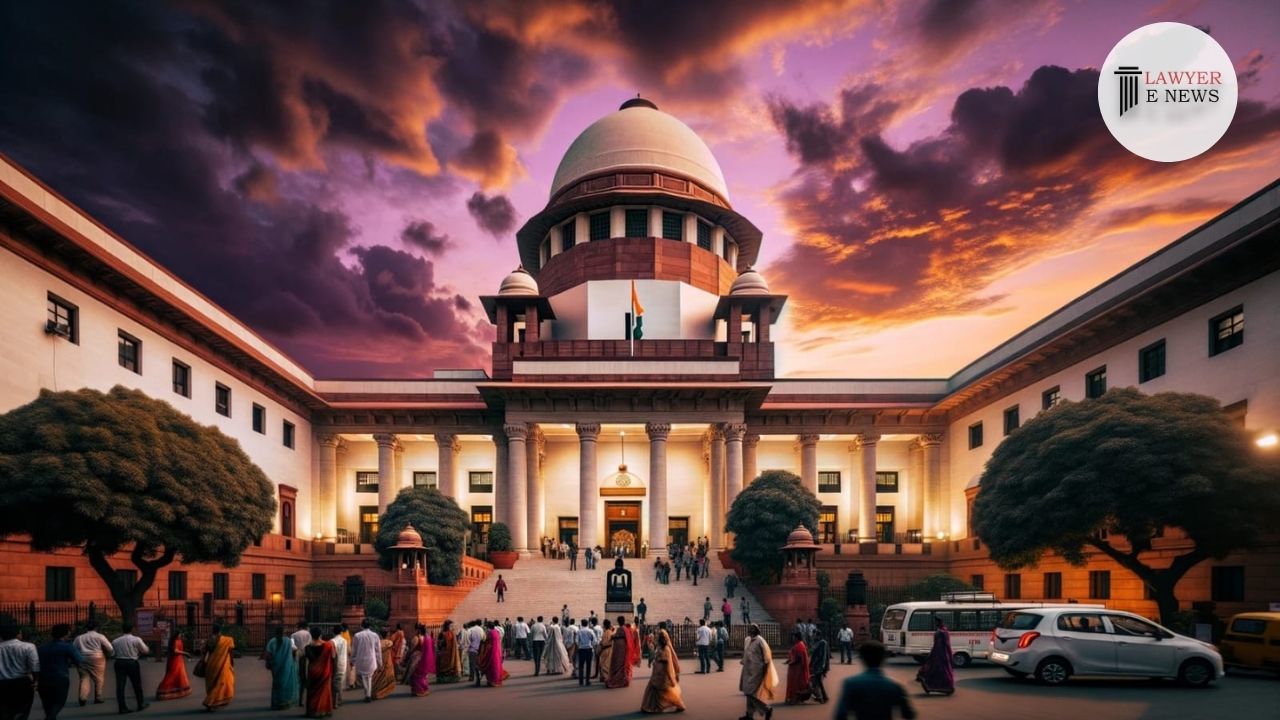-
by Admin
15 February 2026 5:01 PM



In a significant ruling, the Supreme Court set aside the preventive detention orders against two individuals from Telangana, stressing the imperative need for responsible and judicious exercise of preventive detention powers.
The Apex Court's judgment revolved around the crucial legal aspect of preventive detention under the Telangana Prevention of Dangerous Activities Act, 1986. The bench underscored the necessity of strict adherence to legal standards while exercising the exceptional power of preventive detention.
The appeals stemmed from the preventive detention of two individuals, charged with various offences including robbery and chain-snatching. Detained under the Act of 1986, they challenged the detention orders, arguing that their activities were painted as threats to public order without substantial basis.
The Court meticulously analyzed the Detaining Authority's reasoning and observed a lack of substantial connection between the alleged activities and the disturbance of public order. Justice Pardiwala remarked, "Merely because the appellant detenu has been charged for multiple offences, it cannot be said that he is in the habit of committing such offences." The Court stressed the significance of distinguishing between 'law and order' and 'public order'. The Apex Court also highlighted the role of the Advisory Board in preventive detention cases, emphasizing their duty to scrutinize detention orders rigorously.
The Court, in its verdict, quashed the detention orders against the appellants, citing insufficient grounds and a lack of proper application of mind by the detaining authorities. The justices ordered the immediate release of the appellants, provided they are not required in any other case.
Date of Decision: March 21, 2024
Nenavath Bujji Etc. Vs. The State of Telangana and Ors.
